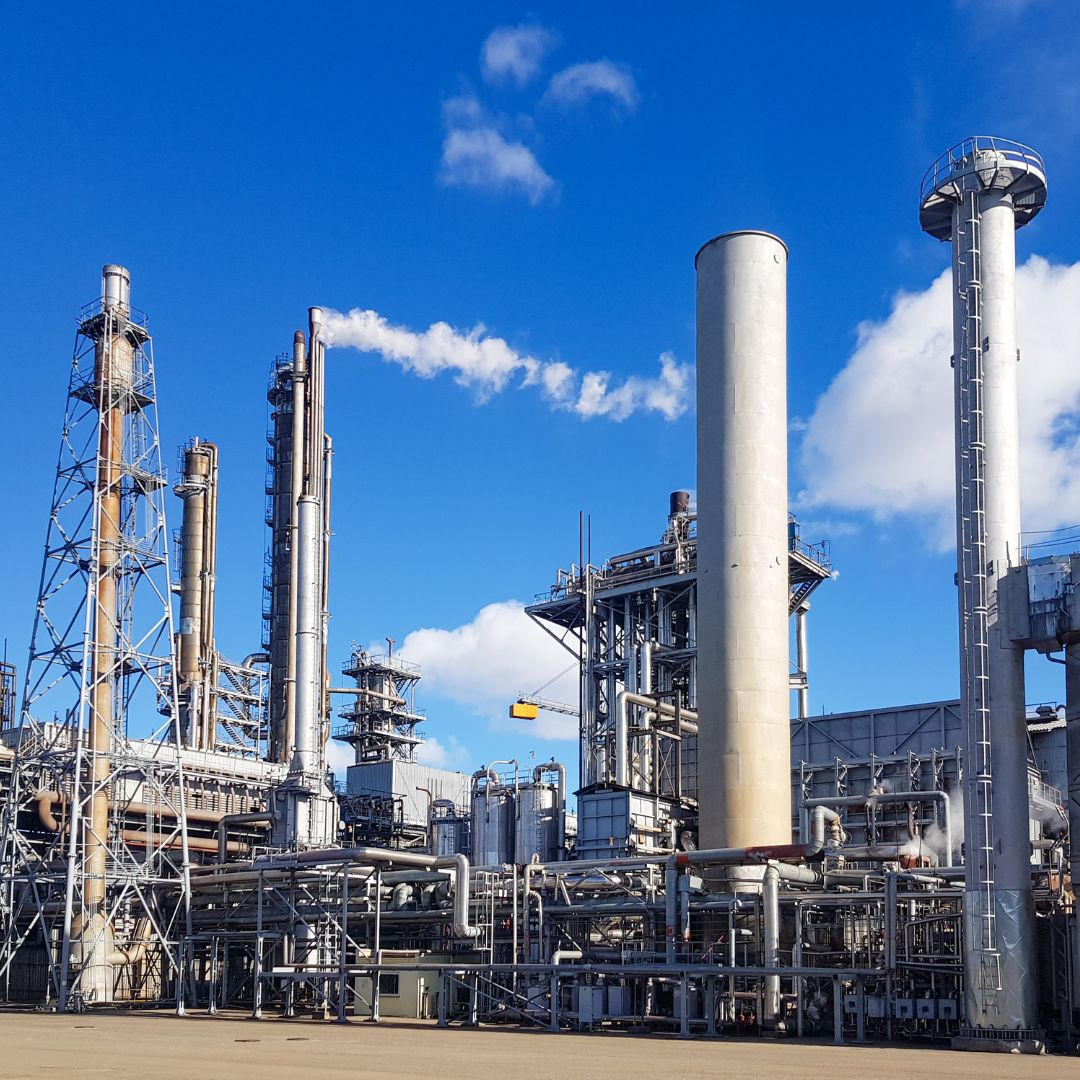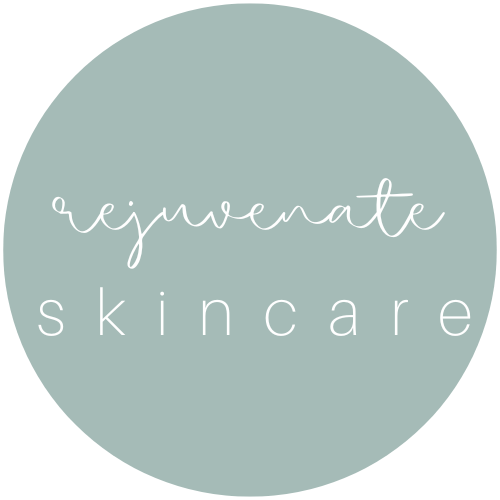
The Dangers of Petrochemicals in Skincare: What You Need to Know
Rejuvenate SkincareShare
Introduction
In the pursuit of glowing, youthful skin, many people turn to popular skincare products without giving much thought to their ingredients. However, what if those same products promising radiant skin were actually doing more harm than good? The hidden culprit could be petrochemicals—a common yet often overlooked ingredient in modern skincare. Derived from petroleum and crude oil, petrochemicals are widely used in the beauty industry due to their low cost and versatility. But beneath the surface, these ingredients may be contributing to a host of health and environmental problems.
What Are Petrochemicals?
Petrochemicals are chemical compounds derived from petroleum and natural gas. They are used to create everything from plastics to industrial solvents—and, surprisingly, many common skincare products. These chemicals help improve the texture, shelf life, and spreadability of lotions, creams, and cleansers.
Some of the most common petrochemicals in skincare include:
✅ Paraffin – A form of mineral oil used as a moisturiser.
✅ Propylene Glycol – Used to retain moisture and improve texture.
✅ Petrolatum (Petroleum Jelly) – Creates a barrier on the skin to lock in moisture.
✅ Polyethylene Glycol (PEGs) – Used as thickeners and penetration enhancers.
✅ Synthetic Fragrances – Often petroleum-derived, used to enhance scent.
Why Are Petrochemicals Harmful?
🚨 1. Skin Irritation and Sensitivity
Petrochemicals can form a barrier on the skin that traps dirt, sweat, and bacteria, leading to clogged pores and breakouts. Propylene glycol and polyethylene glycol, in particular, have been linked to skin irritation, allergic reactions, and increased sensitivity.
🚨 2. Endocrine Disruption
Certain petrochemicals, such as parabens (often used as preservatives), are known endocrine disruptors. This means they can mimic or interfere with hormone function, potentially leading to hormonal imbalances, reproductive issues, and even increased cancer risk.
🚨 3. Toxic Contaminants
Petrochemicals are often contaminated with 1,4-dioxane—a byproduct of the manufacturing process classified as a potential human carcinogen. Unlike ingredients listed on the label, these contaminants are not required to be disclosed, making them difficult to identify and avoid.
🚨 4. Long-Term Health Risks
Studies have linked prolonged exposure to petrochemicals with a range of health issues, including:
- Liver and kidney damage
- Neurological problems
- Respiratory issues
- Increased cancer risk
🚨 5. Environmental Impact
Petrochemical production and disposal contribute to environmental pollution and climate change. The extraction and refining of petroleum are highly destructive to ecosystems, and when petrochemical-based products are washed down the drain, they pollute waterways and harm marine life.
How to Spot and Avoid Petrochemicals
Avoiding petrochemicals can be tricky, as they often appear under different names on ingredient lists. Here’s what to watch out for:
🔎 Ingredients ending in -eth (e.g., laureth, steareth)
🔎 PEG or PPG compounds
🔎 Paraffinum liquidum (mineral oil)
🔎 Petrolatum (petroleum jelly)
🔎 Fragrance or parfum (which may be petroleum-derived)
Instead, look for natural and organic alternatives that use plant-based oils (like jojoba, coconut, and almond oil) and natural emulsifiers.
Safer Alternatives
Consider switching to products that are:
🌿 Certified organic and non-toxic
🌿 Free from synthetic fragrances and preservatives
🌿 Made with plant-based oils and butters
🌿 Labeled “petrochemical-free” or “natural”
Conclusion
While petrochemicals may provide a quick fix for dry skin or fine lines, the long-term consequences are too serious to ignore. From hormonal disruption to environmental harm, these ingredients pose significant risks to both personal health and the planet. By becoming more aware of the ingredients in your skincare products and making informed choices, you can protect your skin and overall well-being. Choose clean, plant-based alternatives—and let your natural glow shine from within.
Your skin deserves better. It’s time to break free from petrochemicals and embrace a more natural, sustainable skincare routine.
